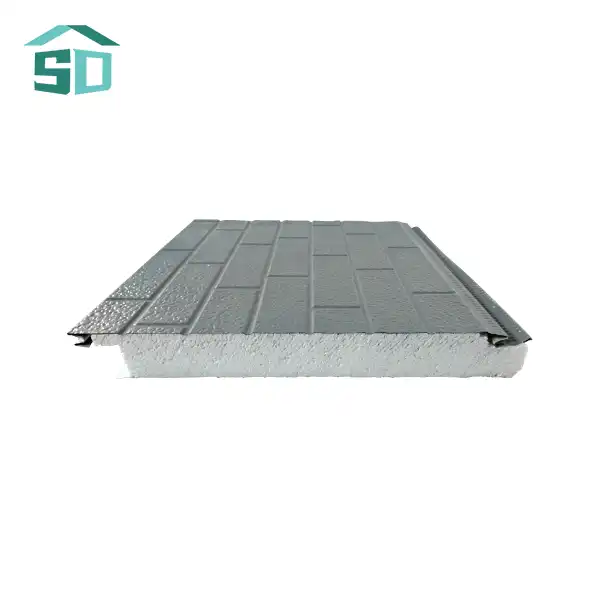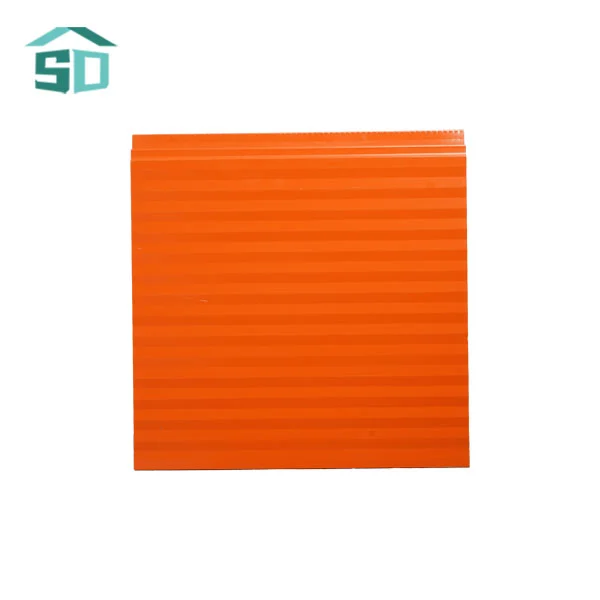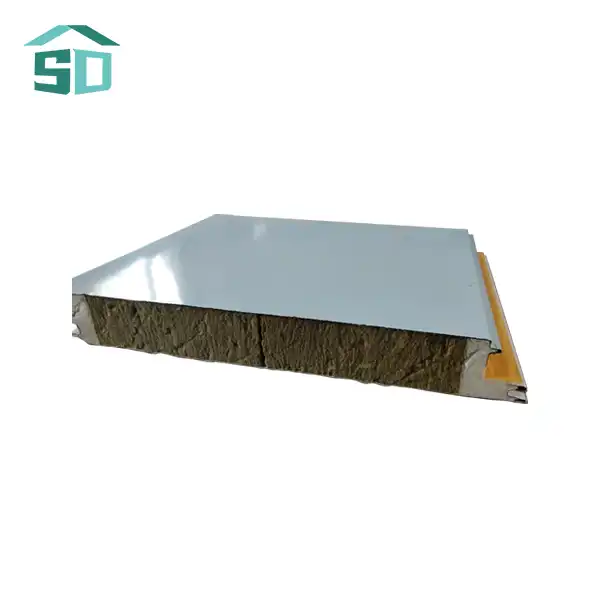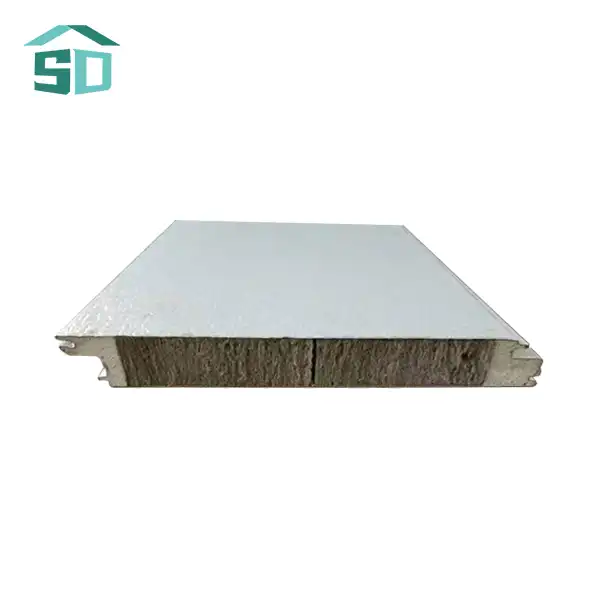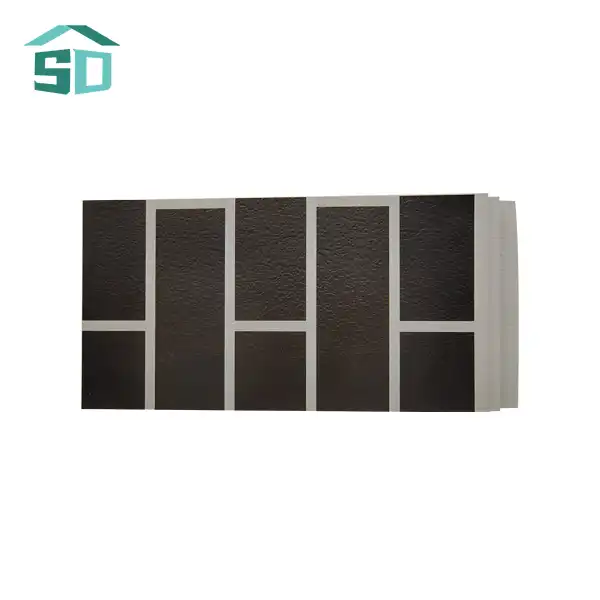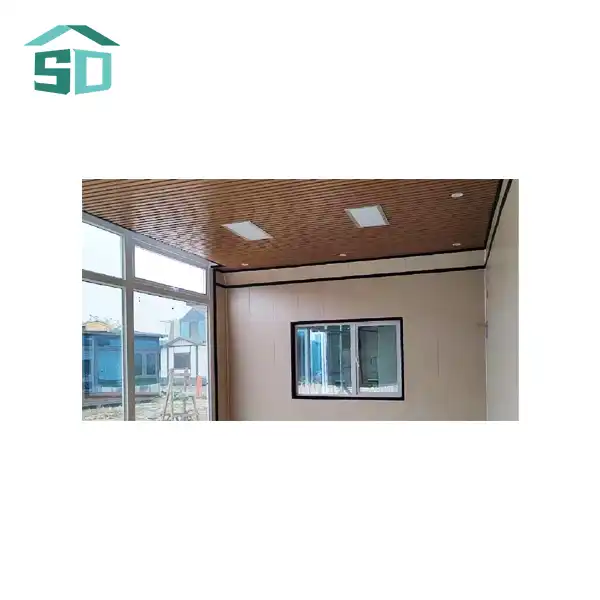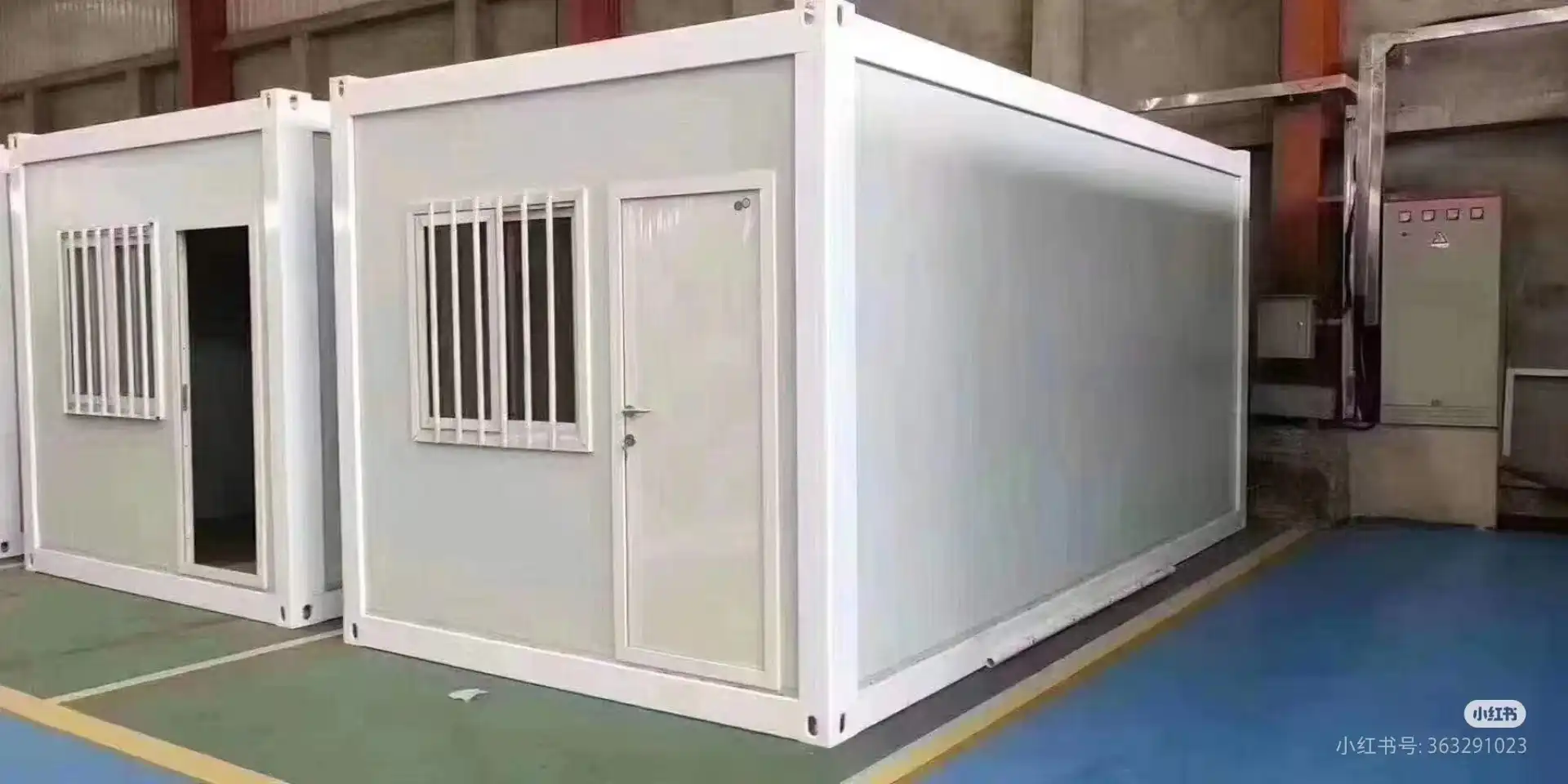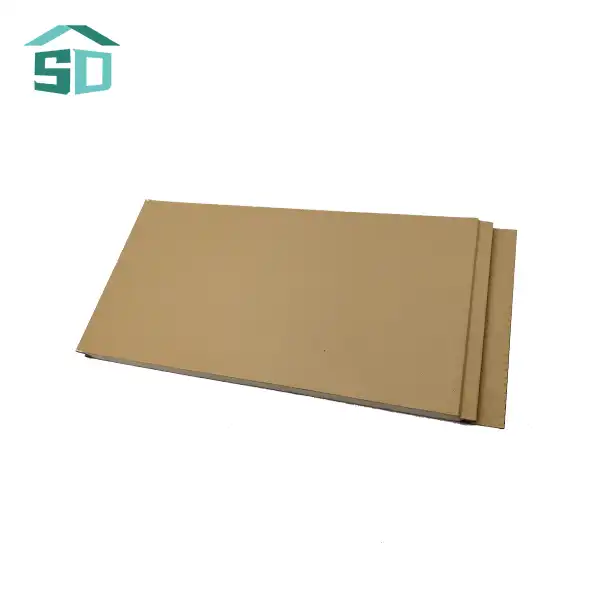The Science Behind Insulated Wall Panels' Soundproofing Capabilities
Insulated wall panels excel in soundproofing thanks to their thoughtful composition and engineered design. The core, typically made of polyurethane foam or mineral wool, offers excellent sound-absorbing capabilities. This core is enclosed between two rigid layers—commonly metal or composite—forming a multi-layered system that effectively reduces sound transmission and creates quieter, more comfortable indoor environments across diverse building types.
The sound attenuation performance of insulated wall panels is heavily influenced by the density and thickness of the insulation core. Denser materials and thicker panels can block more sound, offering improved isolation. Additionally, the internal air pockets within the core help scatter and dissipate sound waves, enhancing acoustic performance and making the panels highly effective in both residential and commercial applications.
Sound Transmission Class (STC) Ratings
To measure soundproofing effectiveness, insulated wall panels are evaluated using the Sound Transmission Class (STC) rating system. This rating quantifies how well a material reduces airborne sound. Many insulated panels boast STC ratings of 50 or higher, indicating strong performance in blocking noise from external sources, such as traffic or neighboring rooms, thus improving indoor sound quality and occupant comfort.
Frequency-Dependent Performance
While insulated wall panels are highly effective in blocking sound, their performance varies across frequencies. They are most efficient at isolating mid to high-frequency sounds, such as conversation or road noise. However, low-frequency sounds like deep bass or heavy machinery vibrations may require supplemental solutions. Understanding frequency-specific performance helps architects design spaces that meet precise acoustic requirements.
Energy Efficiency: A Core Benefit of Insulated Wall Panels
The exceptional energy efficiency of insulated wall panels is one of its main benefits. These panels are engineered to significantly reduce heat transfer between the interior and exterior of buildings, ensuring a more controlled and stable indoor environment. As a result, they help maintain consistent indoor temperatures throughout the year, lowering the need for artificial heating and cooling. This leads to noticeable energy savings and increased comfort for occupants in both residential and commercial settings.
The insulation core of these panels, often made from materials like polyurethane foam or expanded polystyrene, provides excellent thermal resistance. This thermal resistance is measured by the R-value, which indicates a material’s capacity to impede heat flow. The higher the R-value, the more effective the insulation. Insulated wall panels typically feature cores with superior R-values compared to traditional construction materials, making them ideal for meeting modern energy-efficiency standards and reducing the environmental impact of buildings.
Thermal Bridging Reduction
Insulated wall panels are especially effective in addressing the issue of thermal bridging, which occurs when heat escapes through less insulated parts of the building envelope, such as metal fasteners or framing. The continuous insulation layer in these panels eliminates weak points where energy loss might occur. This uniform thermal barrier prevents the formation of cold spots, minimizes condensation risks, and enhances indoor climate stability—making buildings more energy efficient and comfortable year-round.
Impact on HVAC Systems
The advanced insulation properties of these panels greatly reduce the workload on HVAC systems by maintaining steady interior temperatures and minimizing fluctuations. With less demand placed on heating and cooling units, buildings can benefit from downsized HVAC equipment that consumes less energy. Over time, this leads to lower energy bills and reduced maintenance costs. Additionally, the increased efficiency contributes to extending the service life of HVAC components, adding further value for property owners.
Durability: Ensuring Long-Term Performance and Value
Durability is a key attribute of insulated wall panels, contributing significantly to their growing popularity in the construction industry. These panels are meticulously engineered to withstand a wide range of environmental challenges, including extreme temperatures, moisture, and physical impact. Their robust construction ensures long-lasting performance, making them a reliable choice for both residential and commercial buildings. Additionally, their resistance to wear and tear helps reduce ongoing maintenance requirements and associated costs.
The outer layers of insulated wall panels are typically made from high-performance materials such as steel, aluminum, or fiber-reinforced polymers. These materials are selected for their excellent resistance to weathering, corrosion, and UV radiation, ensuring longevity even in harsh environments. Protective coatings applied to metal panels further boost their durability, offering enhanced resistance against fading, chalking, and other forms of surface degradation that could compromise aesthetics and performance over time.
Structural Integrity
Insulated wall panels are carefully designed to maintain their structural integrity throughout the building’s lifespan. The combination of rigid outer layers and a dense insulation core forms a strong composite structure capable of resisting bending, warping, and other forms of physical deformation. This structural stability not only enhances the panel's load-bearing capacity but also helps preserve the integrity of the building envelope, preventing air and moisture infiltration that could affect energy efficiency and indoor comfort.
Fire Resistance
Many insulated wall panel systems are engineered to offer superior fire resistance, enhancing the overall safety of buildings. Depending on the choice of materials and specific design features, these panels can meet stringent fire codes and achieve high fire ratings. Some panels include fire-retardant insulation cores or incorporate intumescent coatings that expand when exposed to heat, helping to slow flame spread and provide critical protection during fire events, ultimately increasing building resilience.
Conclusion
Insulated wall panels offer a compelling combination of soundproofing, energy efficiency, and durability, making them a smart choice for both residential and commercial construction. These advanced materials deliver outstanding acoustic insulation, reduce energy consumption, and maintain their structural strength over time. As the construction industry embraces more sustainable and efficient solutions, insulated wall panels continue to gain popularity. For detailed product information or expert consultation, please contact us at info@sdqsc.com.
